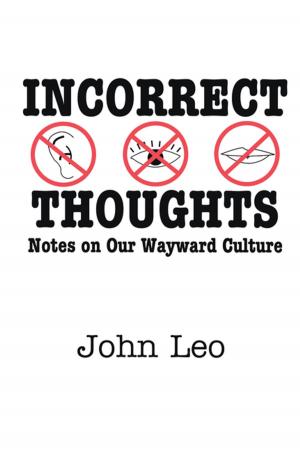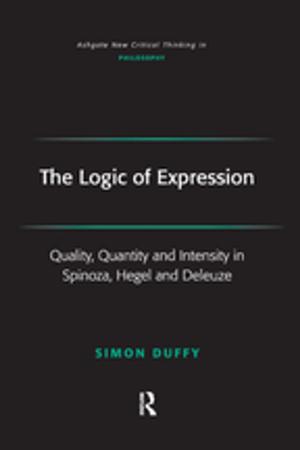This is the Sound of Irony: Music, Politics and Popular Culture
Nonfiction, Entertainment, Music, Theory & Criticism, Ethnomusicology, Pop & Rock, Rock, Music Styles| Author: | Katherine L. Turner | ISBN: | 9781317010531 |
| Publisher: | Taylor and Francis | Publication: | March 3, 2016 |
| Imprint: | Routledge | Language: | English |
| Author: | Katherine L. Turner |
| ISBN: | 9781317010531 |
| Publisher: | Taylor and Francis |
| Publication: | March 3, 2016 |
| Imprint: | Routledge |
| Language: | English |
The use of irony in music is just beginning to be defined and critiqued, although it has been used, implied and decried by composers, performers, listeners and critics for centuries. Irony in popular music is especially worthy of study because it is pervasive, even fundamental to the music, the business of making music and the politics of messaging. Contributors to this collection address a variety of musical ironies found in the ’notes themselves,’ in the text or subtext, and through performance, reception and criticism. The chapters explore the linkages between irony and the comic, the tragic, the remembered, the forgotten, the co-opted, and the resistant. From the nineteenth to twenty-first centuries, through America, Europe and Asia, this provocative range of ironies course through issues of race, religion, class, the political left and right, country, punk, hip hop, folk, rock, easy listening, opera and the technologies that make possible our pop music experience. This interdisciplinary volume creates new methodologies and applies existing theories of irony to musical works that have made a cultural or political impact through the use of this most multifaceted of devices.
The use of irony in music is just beginning to be defined and critiqued, although it has been used, implied and decried by composers, performers, listeners and critics for centuries. Irony in popular music is especially worthy of study because it is pervasive, even fundamental to the music, the business of making music and the politics of messaging. Contributors to this collection address a variety of musical ironies found in the ’notes themselves,’ in the text or subtext, and through performance, reception and criticism. The chapters explore the linkages between irony and the comic, the tragic, the remembered, the forgotten, the co-opted, and the resistant. From the nineteenth to twenty-first centuries, through America, Europe and Asia, this provocative range of ironies course through issues of race, religion, class, the political left and right, country, punk, hip hop, folk, rock, easy listening, opera and the technologies that make possible our pop music experience. This interdisciplinary volume creates new methodologies and applies existing theories of irony to musical works that have made a cultural or political impact through the use of this most multifaceted of devices.















